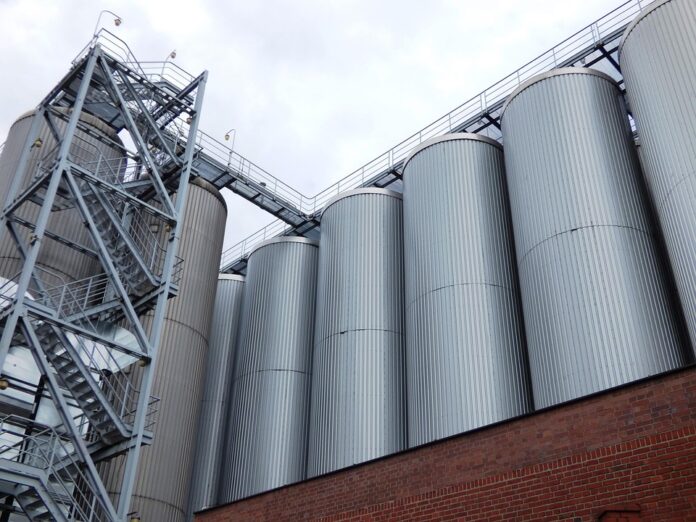Introduction
Modern brewing operations consume a significant amount of energy in the production process. From heating water to powering machinery, energy costs can make up a substantial portion of a brewery’s expenses. In recent years, there has been a growing focus on implementing energy-saving techniques in brewing operations to reduce costs, minimize environmental impact, and improve overall sustainability. This report will explore some of the most effective energy-saving techniques that modern breweries can implement to optimize their operations.
Energy Saving Techniques in Brewing Operations
1. Efficient Boiler Operations
Boilers are a critical component in brewing operations as they are used to heat water for various processes such as mashing and boiling. One energy-saving technique is to optimize boiler operations by ensuring proper insulation, regular maintenance, and efficient heat recovery systems. By improving boiler efficiency, breweries can significantly reduce energy consumption and costs.
2. Use of Energy-Efficient Equipment
Investing in energy-efficient equipment such as pumps, motors, and lighting can help breweries reduce energy usage. Energy-efficient equipment is designed to consume less power while maintaining high performance levels. By replacing outdated machinery with energy-efficient alternatives, breweries can lower their energy bills and decrease their carbon footprint.
3. Implementing Heat Recovery Systems
Heat recovery systems can capture waste heat generated during brewing processes and reuse it for heating purposes. By implementing heat recovery systems, breweries can reduce the amount of energy needed to heat water or maintain optimal brewing temperatures. This not only lowers energy costs but also contributes to a more sustainable brewing operation.
4. Optimize Water Usage
Water is a vital resource in brewing operations, and optimizing water usage can lead to significant energy savings. By implementing water-saving techniques such as recycling water, monitoring water usage, and fixing leaks, breweries can reduce the amount of energy needed to heat and treat water. This not only saves on energy costs but also helps conserve water resources.
5. Utilize Renewable Energy Sources
Many breweries are turning to renewable energy sources such as solar panels, wind turbines, and biomass boilers to power their operations. By utilizing renewable energy sources, breweries can reduce their reliance on fossil fuels, lower their carbon emissions, and potentially generate cost savings in the long run. Investing in renewable energy can also enhance a brewery’s sustainability profile and appeal to environmentally conscious consumers.
Industry Insights
Financial Data
According to a report by the Brewers Association, energy costs can account for up to 10% of a brewery’s total production costs. By implementing energy-saving techniques, breweries can potentially reduce their energy costs by 20-30%, leading to significant cost savings. The upfront investment in energy-saving measures can often be recouped within a few years through lower energy bills and improved operational efficiency.
Actual Companies
Several breweries have successfully implemented energy-saving techniques in their operations. For example, Sierra Nevada Brewing Company in California has invested in solar panels and energy-efficient equipment to reduce their carbon footprint and lower energy costs. New Belgium Brewing Company in Colorado has implemented a heat recovery system to capture waste heat and reuse it for heating purposes, resulting in significant energy savings.
Industry Trends
The brewing industry is increasingly focusing on sustainability and energy efficiency as consumers become more environmentally conscious. Breweries that prioritize energy-saving techniques not only reduce their operational costs but also enhance their brand reputation and appeal to eco-conscious consumers. As the demand for sustainable products continues to grow, energy-saving techniques will play a crucial role in the success and longevity of modern brewing operations.
In conclusion, energy-saving techniques are essential for modern brewing operations to reduce costs, minimize environmental impact, and improve overall sustainability. By implementing efficient boiler operations, using energy-efficient equipment, implementing heat recovery systems, optimizing water usage, and utilizing renewable energy sources, breweries can lower their energy consumption, decrease costs, and enhance their sustainability profile. Investing in energy-saving measures not only benefits the bottom line but also contributes to a more sustainable future for the brewing industry.




